Cloying Away the Sugar Rush: 9 Sweet Protein & Sugar Reduction Startups Changing the Way We Eat
6 Mins Read
A host of startups are overhauling one of the world’s favourite ingredients, turning sugar into fibre, reducing sweetness, and innovating with better-for-you substitutes.
While sugar may not technically be an addictive food, it’s as close to this distinction as any foodstuff gets. The ingredient is omnipresent around the world – separate studies in Canada and Australia have shown that two-thirds of packaged foods contain added sugar.
So it’s no surprise that we consume way more of the sweet stuff than we should. In the US, 58% of consumers exceed the intake recommended by the national dietary guidelines. Children in the UK, meanwhile, surpass the maximum recommended intake for an 18-year-old by the time they’re 10.
Too much of anything is a bad thing, but overconsumption of added sugar (not the natural sugars found in whole foods) is especially detrimental to health, increasing the risk of conditions like type 2 diabetes, obesity and heart disease.
This is why national governments are imploring citizens to eat less sugar. India, the world’s largest sugar consumer, recently updated its dietary guidelines and now recommends limiting sugar to 5% of daily calories, and advises against giving any of it to children under two.
But shaking up this sector is tough – the global sugar market was valued at $66B in 2023, while the same research firm placed the sugar substitute sector at $7B. It’s a nascent industry with many question marks (see aspartame), but one with tons of innovation.
Startups looking to change the conversation on sugar are coming up with different ways to make sweet foods. Some are creating ‘sweet proteins’, a new class of sweeteners derived from natural proteins and made via fermentation, others are converting sugar into dietary fibre for enhanced health effects, and yet others are using technology to reduce the sugar content of beverages without impacting the sweetness.
As consumers look to cut out sugar on the back of the rise of GLP-1 agonist drugs like Ozempic and Wegovy, here are nine startups disrupting the sugar industry.
Oobli
Headquarters: Davis, California
Founders/parent company: Jason Ryder and Alan Perlstein
Total funding: $31.9M
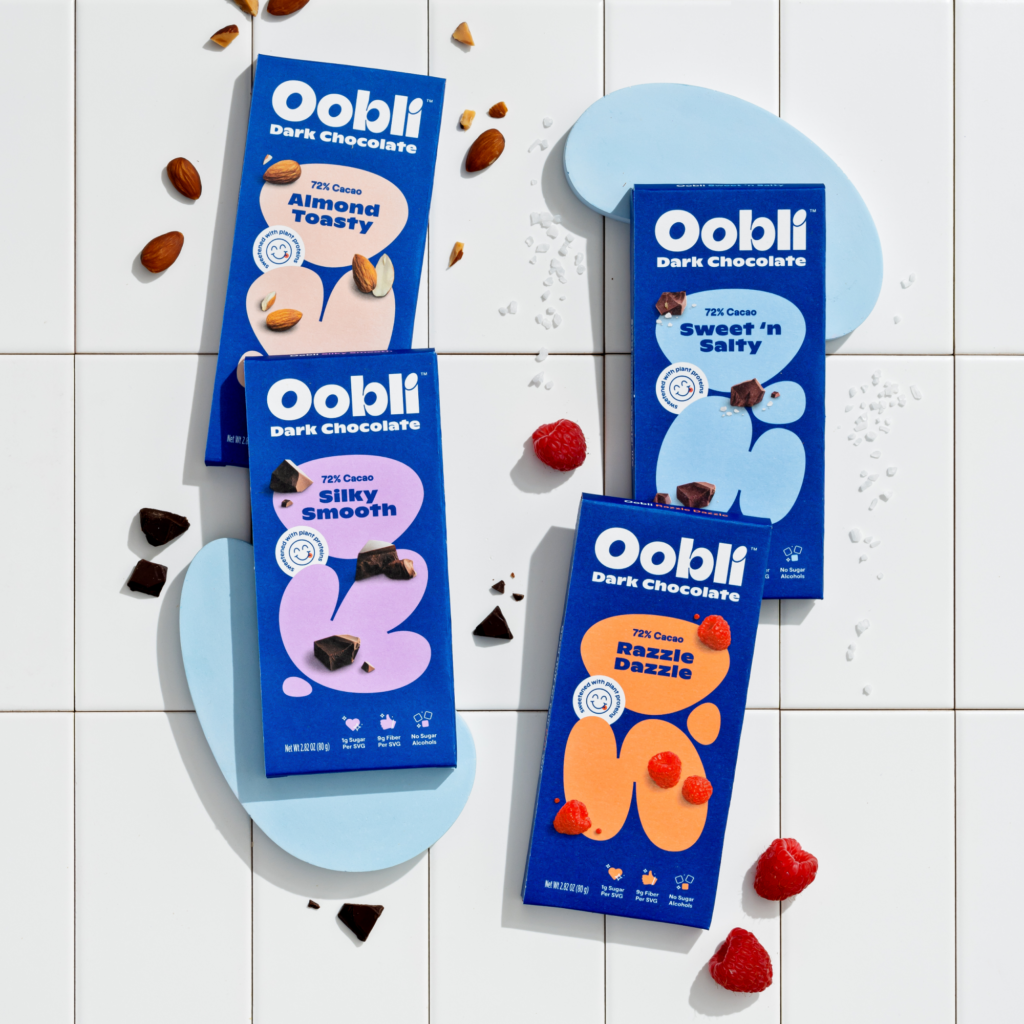
A leader in the sweet protein space, Oobli (formerly Joywell Foods) is named after the West African fruit Oubli, which contains a natural sweet protein called brazzein (said to be between 500 to 2,000 times sweeter than sucrose). The startup recently received a ‘no questions’ letter from the FDA, allowing the company to sell its precision-fermented Oubli Fruit Sweet Protein – which has no impact on the glycemic index – to US food and drink manufacturers, and its own iced teas, lemonades and chocolates.
Zya
Headquarters: London, UK
Founders/parent company: Joshua Sauer and Niels Wicke
Total funding: $5.2M
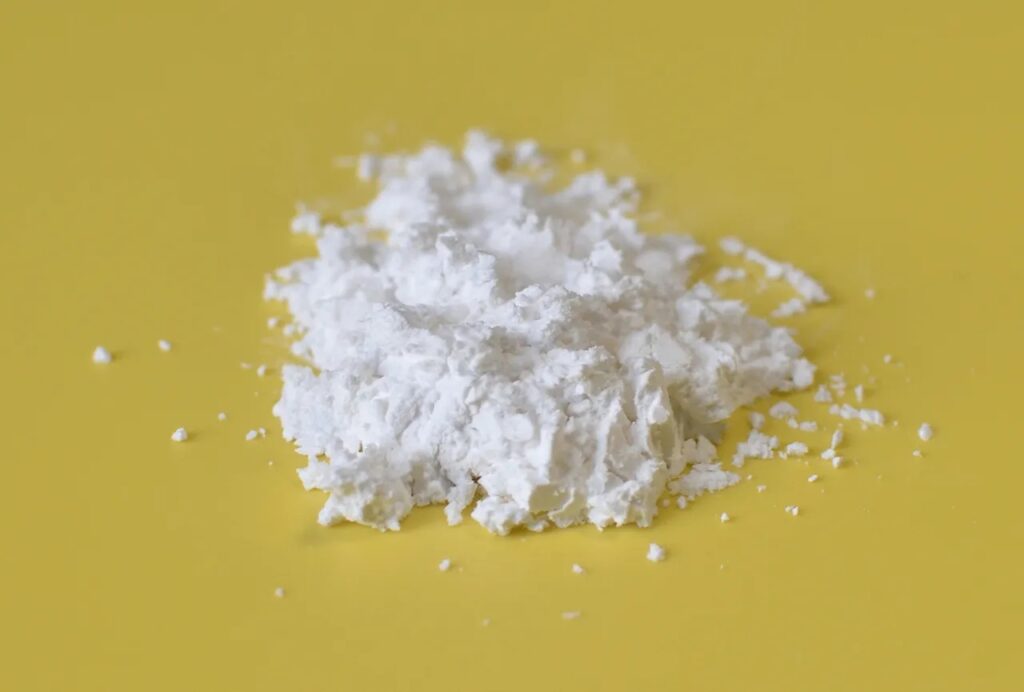
Formerly called Inulox, Zya has developed an enzyme that can convert sugar into fibre inside the digestive system, by acting on sugar before the body breaks it down and absorbs it. The enzyme can convert up to 30% of the sugar into fibre, while retaining the taste. It aims to launch the product (called Convero) in the US in 2026, but will need to work with regulators for clearance and labelling guidance. Europe and the UK are also on the list.
Amai Proteins
Headquarters: Rehovot, Israel
Founders/parent company: Ilan Samish
Total funding: $25M
Another sweet protein startup, Amai Proteins uses its Pro3 Platform to develop a line of Designer Sweet Proteins to reduce the amount of added sugar in food and beverage products, from dairy alternatives and fruit juices to peanut butter and ketchup. Its first product, Sweelin, is a calorie-free ingredient made from precision fermentation that’s 3,000 times sweeter than sugar and can replace 40-70% of added sugar content. Plus, it has a 98% lower climate footprint.
BlueTree Technologies
Headquarters: Kiryat Shmona, Israel
Founders/parent company: Didier Toubia and Yuval Klein
Total funding: $2.26M
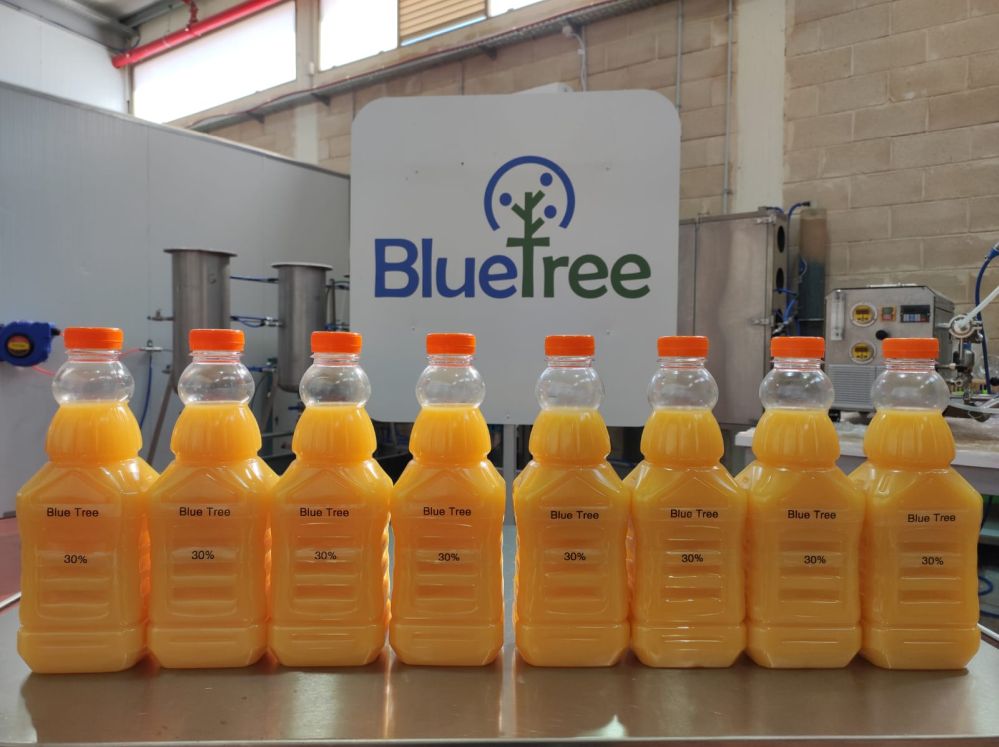
Fellow Israeli player BlueTree Technologies also focuses on sugar reduction, using ultra-filtration technology to remove disaccharides like sucrose and lactose from juices, beer and milk without affecting the taste (since the remaining monosaccharides such as fructose and glucose are much sweeter). The company recently received self-determined Generally Recognized as Safe (GRAS) status in the US, and is awaiting approval in Israel to launch a 30% reduced-sugar orange juice with Israeli manufacturer Priniv.
Better Juice
Headquarters: Rehovot, Israel
Founders/parent company: Gali Yarom and Eran Blachinsky
Total funding: $8M
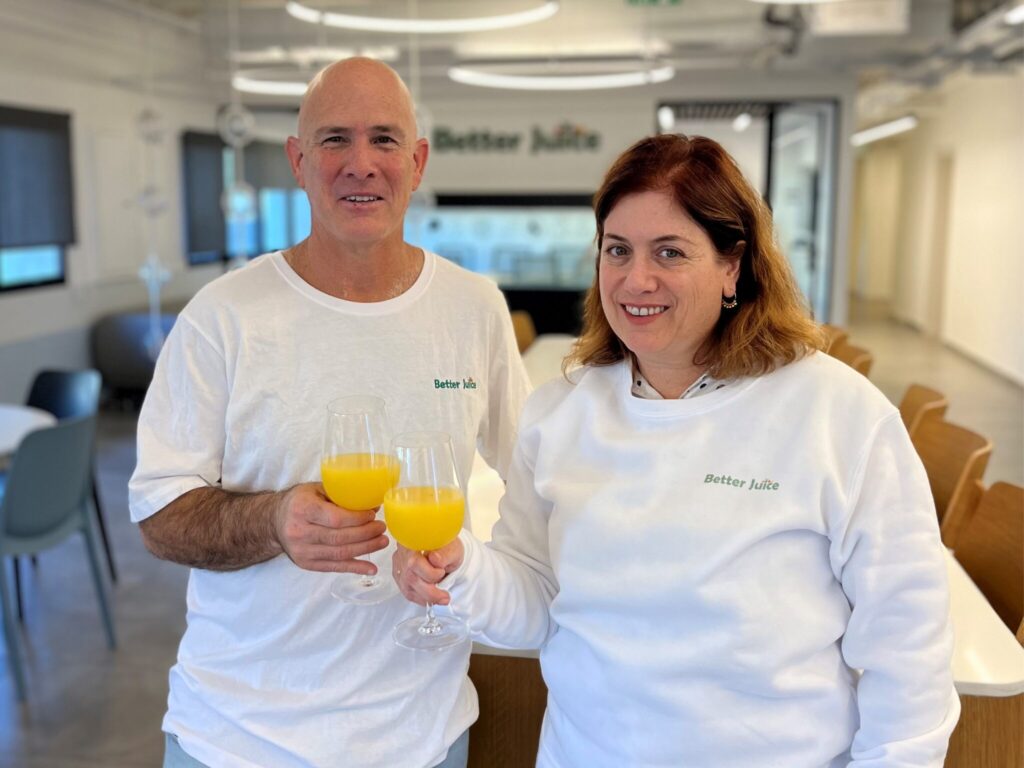
Also in Israel, Better Juice is using microbial enzymes to convert fruit sugars into dietary fibre and non-digestible sugars in juice concentrates, purées, cereals, sorbets, jams, yoghurts and gummies. It does so by passing the product through immobilised microbes in fermenters, reducing the sugar content by 30-80% and calories in juices by up to 60%. Its commercial-scale facility can process 250 million litres of fruit juice annually, and the startup obtained self-affirmed GRAS status in the US earlier this year.
IncreBio
Headquarters: Bangkok
Founders/parent company: Chonchayong (Sean) Trairatkeyoon
Total funding: $530,000
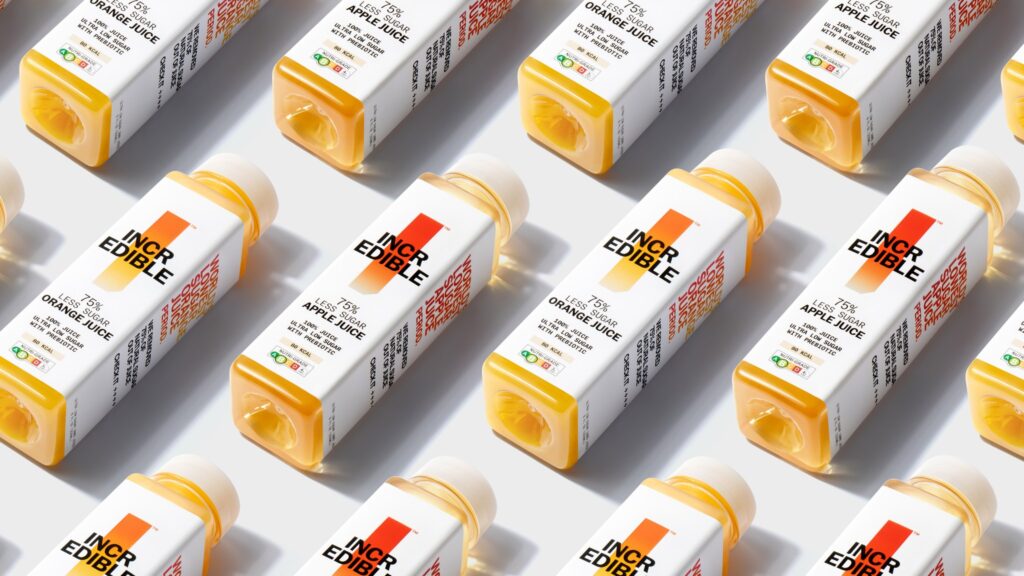
Formerly JuiceInnov8, Increbio is all about sugar reduction in juices, leveraging its INCRNatural and a natural yeast isolated from fruits. It uses precision fermentation to control the pathway of sugar-reducing microbes in bioreactors, which break down and eat the sugar within the juices. The microbes are then filtered out to obtain the end product, called Incredible Juice, which has a 70% lower natural sugar content.
Naturannova
Headquarters: Santiago, Chile
Founders/parent company: Antonella Lazzari, Juan Duarte and Fabian Gonzalez
Total funding: Undisclosed
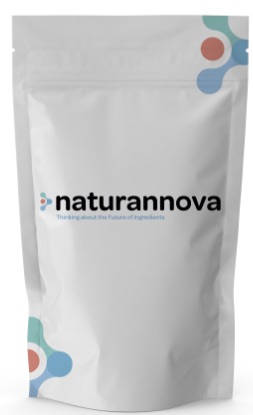
Also leveraging precision fermentation is Chile’s Naturannova, which uses its computational platform to discover hidden edible peptides in plants and develop functional ingredients with them. Its first product is Sweet Protein+, which does not spike glucose levels. Currently available in samples for manufacturers, it is 10 times sweeter than sweeteners like Stevia, has no aftertaste, and is being used in dairy and flavoured water applications. Naturannova has reportedly applied for approval in the US and Europe.
MycoTechnology
Headquarters: Aurora, Colorado, US
Founders/parent company: Alan Hahn, Jim Langan, Brooks Kelly and Peter Luba
Total funding: $207.6M
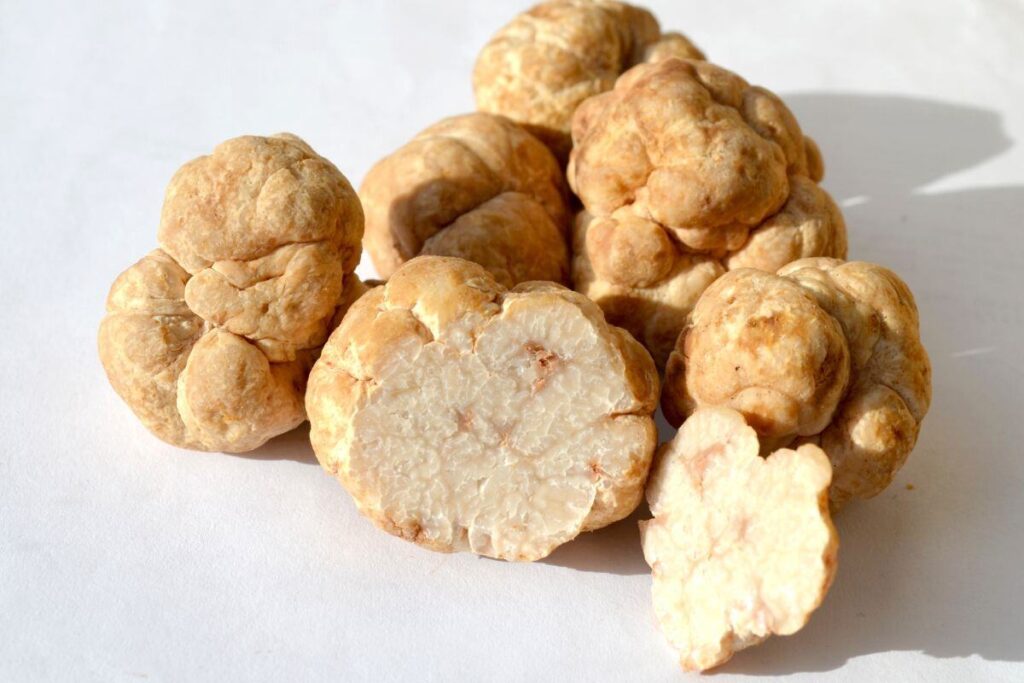
US fungi startup MycoTechnology’s precision-fermented sweet protein originates from honey truffles, which are native to Eastern Europe. It is 1,500-2,500 times sweeter than sugar, has negligible calories and no aftertaste. It is currently scaling up production and aims to enter the North American market in 2025/26, followed by Latin America, Asia, the Middle East and Europe.
Sweegen
Headquarters: Orange County, California, US
Founders/parent company: Steven Chen
Total funding: Undisclosed

Sweegen is an amalgamation of all the tenets of sugar innovation. The Californian brand has leveraged sweet proteins like brazzein and thaumatin (found in yet another West African fruit, katemfe), as well as sweeteners such as Bestevia. These have powered innovations like Sweetensify, a collection of taste modulation flavours that can smoothen alcohol burn bring out creamy chocolate notes, and replace calories in soft drinks. It has Innovation Studios in Southern California, Mexico City and London, and has achieved regulatory approval for products in a number of countries globally.



